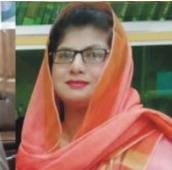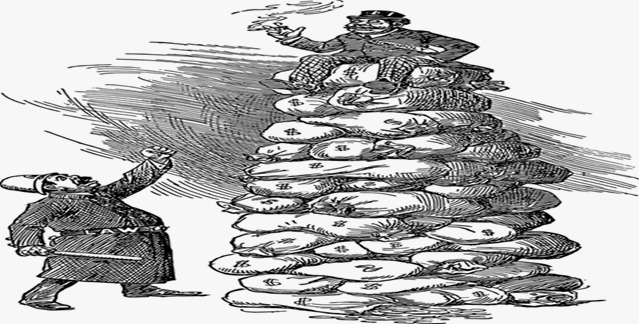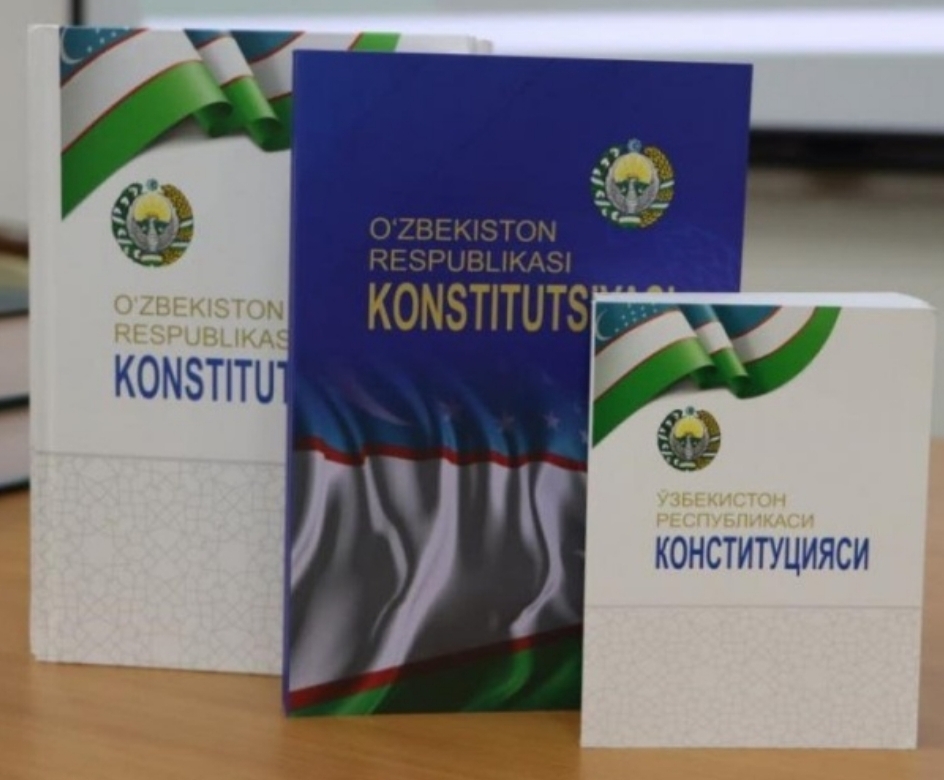Government Ration Distribution and Economic Reflections During Ramadan
Ansa Mazhar, District Attock
As the month of Ramadan approached, the anticipation of ration distribution under programs like the Benazir Income Support Program and Ihsaas Program permeated communities across the nation. However, the reality of distribution painted a mixed picture, with limited availability and challenges in verification processes. Despite these hurdles, communities eagerly gathered to receive their allocated rations, echoing the teachings of the Prophet Muhammad about the virtue of giving.
The distributed ration bags typically contained staples such as flour, gram flour, dates, rice, sugar, and oil, intended to sustain families throughout the holy month. Yet, the question arose: could these provisions suffice for the entire 30 days of fasting? The answer, inevitably, was no.
Beyond the immediate provision of rations, broader socioeconomic issues came to the forefront. Looking back a couple of decades, households were often self-sustaining, with livestock and cultivated land yielding essential food items. However, in the pursuit of modernization, traditional livelihoods like manual labor and domestic crafts have dwindled, leaving many reliant on government assistance.
Unlike countries such as Japan, where women engage in technical and mechanical work, Pakistan has witnessed a decline in domestic industries and agricultural practices. The absence of initiatives to promote agriculture, establish technical colleges, or support small-scale farming exacerbates the dependency on external aid.
Moreover, there’s a disconnect between the recipients of government aid and the broader economic implications. While rations are provided from taxpayer funds, the burden is shifted onto citizens through increased utility bills and rising commodity prices. This economic strain, coupled with high unemployment rates, perpetuates a cycle of dependence and marginalization.
The political landscape lacks substantive proposals to address these systemic issues. Manifestos often overlook the need for domestic industry development, agricultural support, and vocational training, further perpetuating the cycle of poverty.
In conclusion, there is a plea for courage and strength to confront these challenges and foster sustainable economic empowerment.




